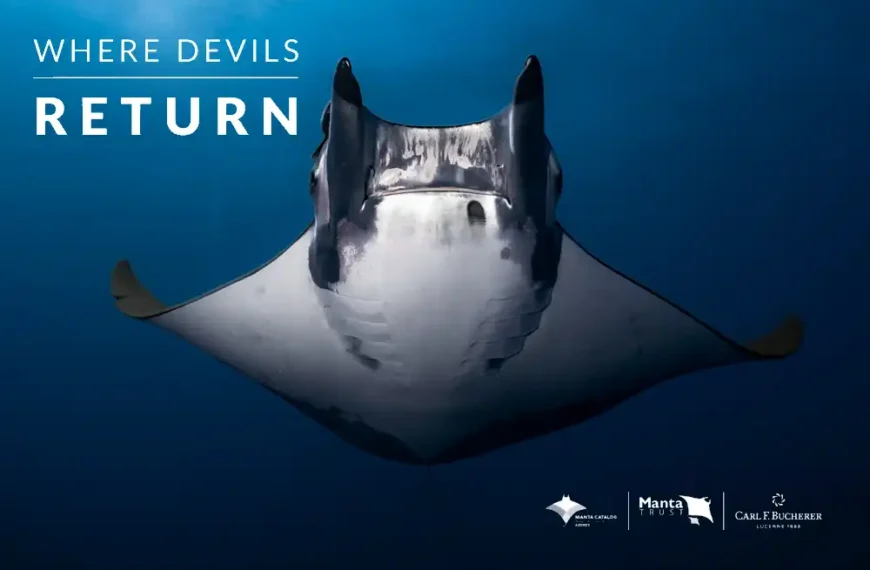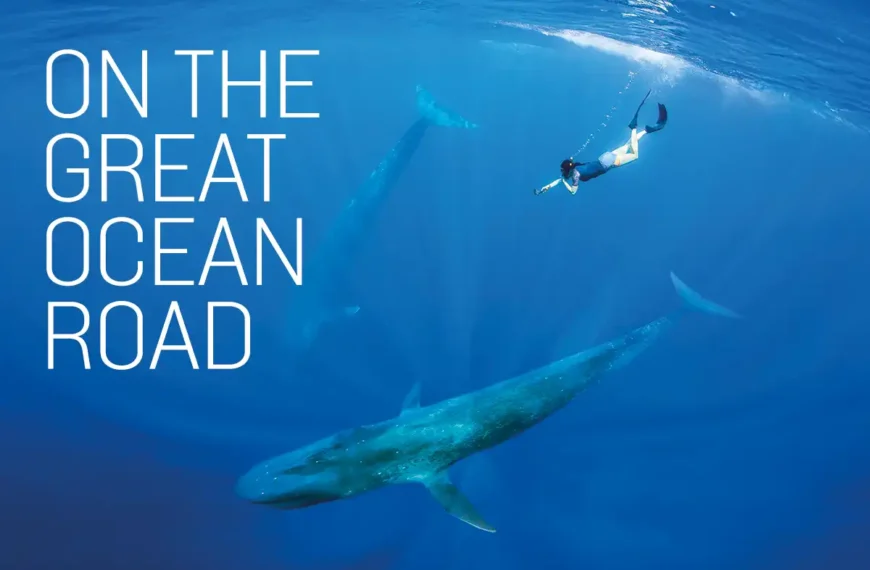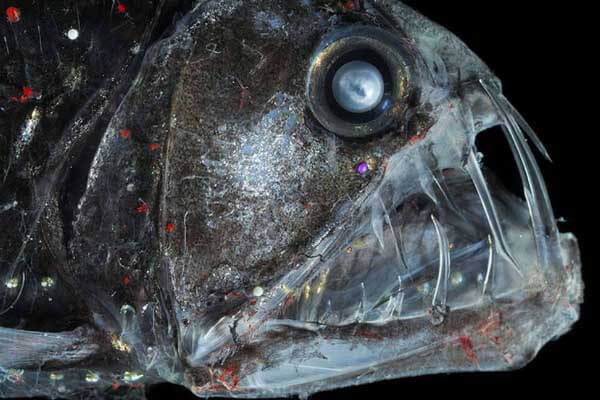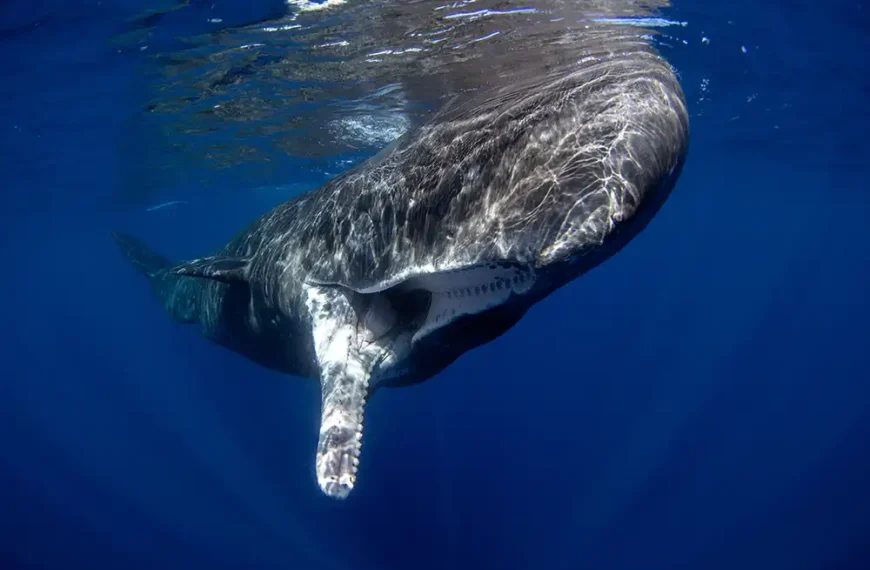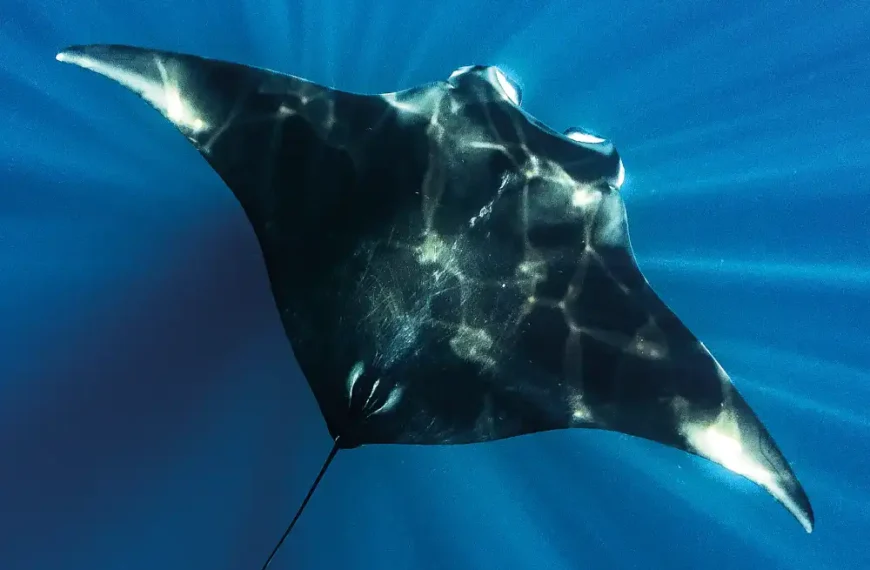
On 1 January 2022, Hawaii became the first US state to ban shark fishing in state waters. Violation of the ban could see fishers slapped with a fine of up to US$10,000.
Act 51 (House Bill 553) of the 2021 State Legislature makes it ‘illegal to knowingly capture, entangle, or kill a shark in state marine waters.’ The new law applies to all shark species found in Hawaiian waters, although some exceptions have been made while the process is implemented by the Department of Land and Natural Resources (DLNR), which oversees the management of public lands and water resources, including coastal areas and the state’s ocean waters.
People with ‘special activity permits’ issued by the DLNR are exempted from the ban, as is shark fishing ‘for public safety purposes’, or sharks ‘captured, entangled, or killed for self-defence or the defence of another.’
‘Our Department is well aware of how important sharks are to maintain healthy marine ecosystems. And we recognize their importance for native Hawaiian cultural practices and beliefs,’ said Brian Neilson, Administrator of Hawaii’s Division of Aquatic Resources. ‘It’s important to recognize that the new shark fishing ban goes into effect January 1, 2022, but DLNR still has work to do before it’s fully implemented.’
You may also like
According to a statement released by the DLNR, the Department will soon begin the public administrative process to implement the law, which will include the establishment of a non-commercial permit for the take of sharks, the conditions of which are to include ‘native Hawaiian cultural protocol, size and species restrictions, and a prohibition on species listed as endangered or threatened.’
The DLNR has recommended that fishers avoid areas known to be frequented by sharks, especially pupping areas, and use barbless circle hooks in case a shark is caught accidentally.
Violation of the new law will be regarded as a misdemeanour, but will carry a fine of $500 for a first offence; $2,000 for a second; and $10,000 for a third or subsequent offence. An administrative fine of up to $10,000 for each shark captured or entangled, whether alive or dead, will also be imposed.


